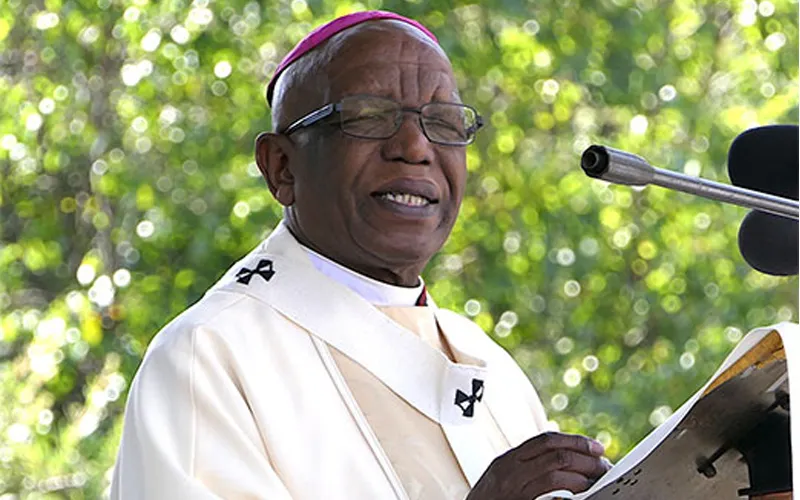Johannesburg, 24 April, 2021 / 6:30 pm (ACI Africa).
The Archbishop of South Africa’s Archdiocese of Johannesburg has been appointed as a member of the Multi-Religious Council of Leaders that seeks to address the root causes of conflict and displacement in the world.
According to a Tuesday, April 20 report obtained by ACI Africa, Archbishop Buti Tlhagale was appointed to the Council by the United Nations High Commissioner for Refugees (UNHCR), one of the founding bodies of the entity.
The Archbishop, a member of the Missionary Oblates of Mary Immaculate (OMI), accepted the appointment during the virtual inaugural meeting of the Council members held on April 13, Sr. Maria de Lurdes Lodi Rissini says in the report.
During the meeting, the pioneer Council members “made individual commitments in the promotion of peace, and expressed their commitment of support to the forcibly displaced people in their respective countries and regions,” the report published by Inter-Regional Meeting of Bishops of Southern Africa (IMBISA) indicates.
"If religious leaders use their platforms to promote language that supports protecting, welcoming and integrating, it will raise awareness in communities of the moral obligation to welcome and protect,” Archbishop Tlhagale is quoted as saying during the meeting.








